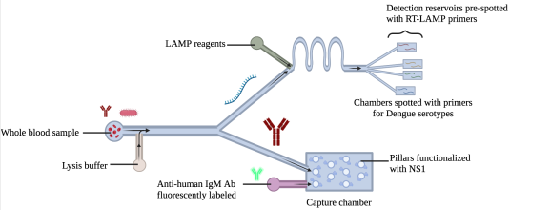
Smart Indoor Air Quality Control System for Healthier and Greener Buildings
Principal Investigators & Key Members:
Vishal Verma, PhD
| Jinhui Yan, PhD
| Le Duy Dung, PhD
| Kok-Seng Wong, PhD
| Andrew Taylor-Robinson, PhD
| Chu Thi Mai Hong, PhD
The quality of the indoor environment has a critical impact on people’s health because on average, we spend more than 90% of our time indoors. Providing a healthy and safe indoor environment can save lives, reduce diseases, and increase our quality of life. Better management of indoor environmental quality and saving energy consumption at the same time is of critical national and international significance. This project aims at building a virtual platform that offers interactive interfaces for infection control and facility managers to make informed and optimal intervention strategies as per different intended uses of the multi-used indoor environments.




